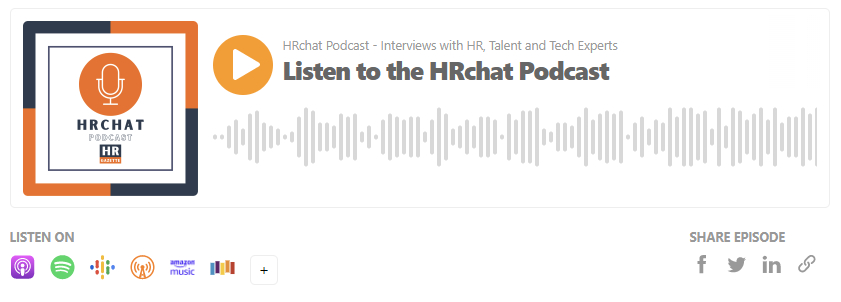
Pediatric Myopia can have significant effects on employees who have children with the condition. The added stress, time constraints, financial strain, and reduced productivity can all impact their job performance and quality of life. Employers can play a critical role in supporting parents of children with Pediatric Myopia by offering flexible work arrangements, employee assistance programs, or other resources that can help alleviate some of the burdens associated with managing a child’s health condition. Ultimately, by providing support and understanding, employers can help their employees maintain a healthy work-life balance while managing the challenges of having a child with Pediatric Myopia.
Pediatric Myopia is a common eye condition that affects children, causing them to have difficulty seeing objects at a distance. This condition can have a significant impact on the lives of not only the children affected but also their parents. In particular, parents who are also employees can experience various effects that may impact their job performance and quality of life.
One of the primary effects of having a child with Pediatric Myopia is increased stress and anxiety. Parents may experience feelings of worry and concern as they navigate their child’s condition and its treatment. For example, they may worry about the potential long-term effects of the condition, or they may feel anxious about the need for frequent eye exams, prescription changes, or the need for corrective lenses. The added stress can be challenging to manage and can affect their mental health, making it harder to focus on work.
Another significant impact of having a child with Pediatric Myopia is time constraints. Parents may need to take time off from work to attend their child’s appointments or to care for them when they are experiencing vision problems. This can lead to missed work and potentially affect their job performance. In some cases, employers may be accommodating to the parents’ needs by allowing them to work from home or adjust their work schedule, but not all employers are willing or able to do so.
Pediatric Myopia can also cause financial strain for parents, as the cost of treating the condition can be significant. Regular visits to the eye doctor, prescription eyewear, and specialized treatment like orthokeratology can add up over time. If the parents do not have adequate insurance coverage, they may have to pay out-of-pocket, which can create a financial burden. This financial strain can lead to stress and anxiety, making it even more challenging to manage work and family responsibilities.
Finally, having a child with Pediatric Myopia can lead to reduced productivity for parents. The added stress, time constraints, and financial strain can all affect the parents’ ability to focus on their work. They may feel preoccupied with their child’s condition, which can make it difficult to concentrate on tasks or complete them efficiently. This can also result in missed deadlines or subpar work quality, which can affect their job performance and potentially harm their career prospects.
Around half the world’s population is projected to be myopic by 2050! Today’s guest says that, far from being insurmountable, preventing or delaying the onset of myopia is possible.
Dr. Debbie Jones recommends that group benefits administrators and wellness coordinators help their employees consider outdoor time and screen time plans for their children. She also describes a range of therapies that are available to slow myopia progression, including specialized contact lenses and eyeglasses, as well as eye drops.
A new podcast designed for non-medical listeners explains the reasons behind the global childhood myopia epidemic and what that means for Canadian families. Featuring Dr. Debbie Jones, a clinical scientist from the Centre for Ocular Research & Education (CORE) and internationally known myopia expert, the 22-minute discussion is part of the Don’t Lose Sight interview series from the Canadian Association of Optometrists.
The work Debbie and her team do is close to my family’s heart and when I received a press release about the new pod, I had to get Debbie on the show.
Questions For Debbie Include:
- What is pediatric myopia… and why should the HR community care?
- What’s the impact of childhood myopia to employers?
- Is this kind of health care covered by most benefits plans?
- While half the world’s population is projected to be myopic by 2050, the crisis is already evident in Canada. Dr. Jones notes that recent work showed a 30% prevalence among 11- to 13-year-olds in the Waterloo-Kitchener region. Remarkably, one-third of those children’s caregivers were unaware of the problem until the research project uncovered the condition. How can employers better educate employees?
- What do HR teams perhaps not understand about childhood myopia?
- What can organizations do to encourage that employees’ children received eye exams?
- What’s ahead for the field of myopia control?
- You would encourage parents to have their children’s eyes examined regularly by an optometrist, so that problems can be identified as early as possible.

